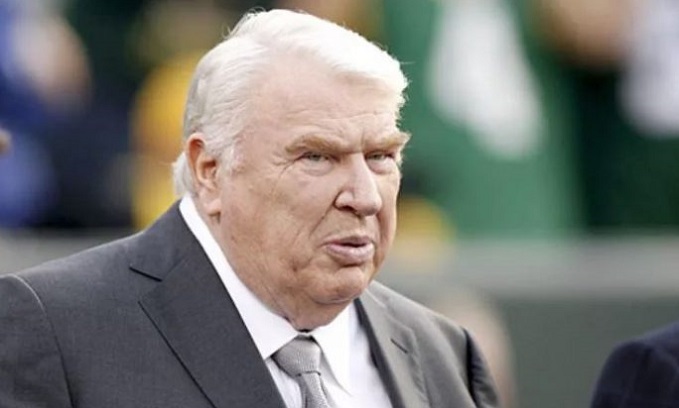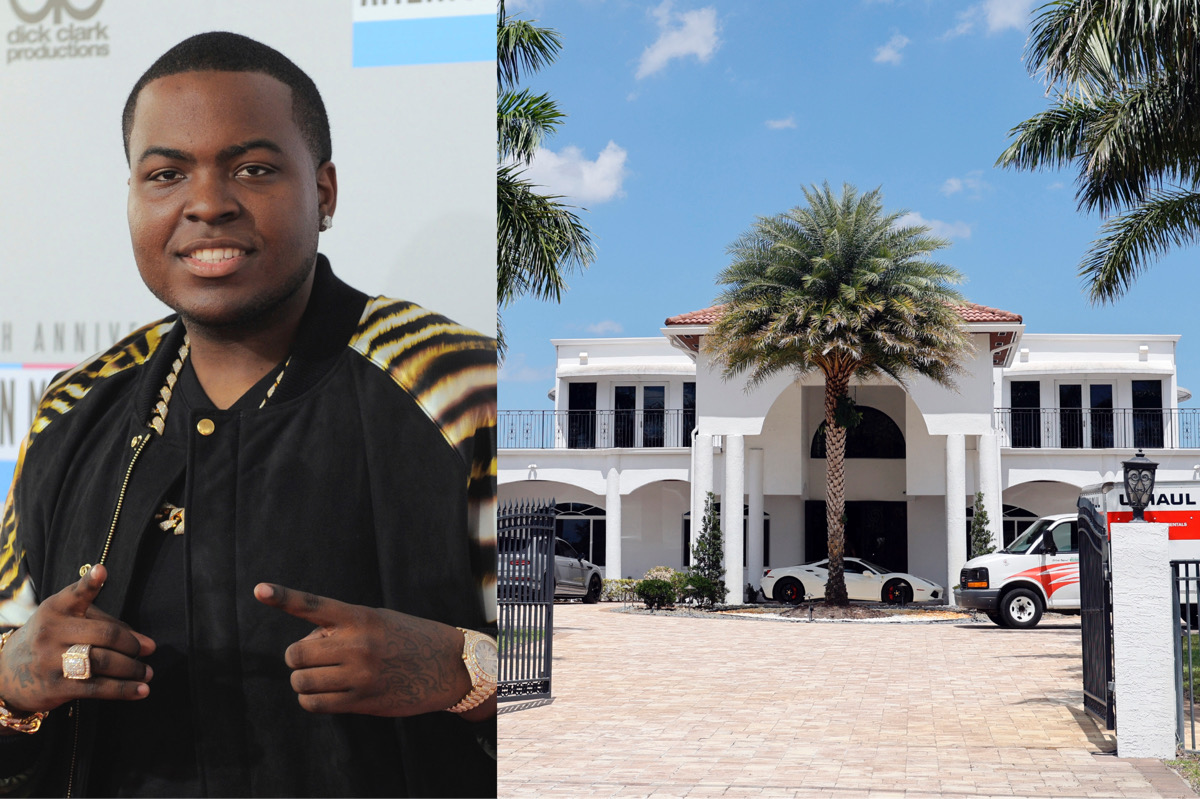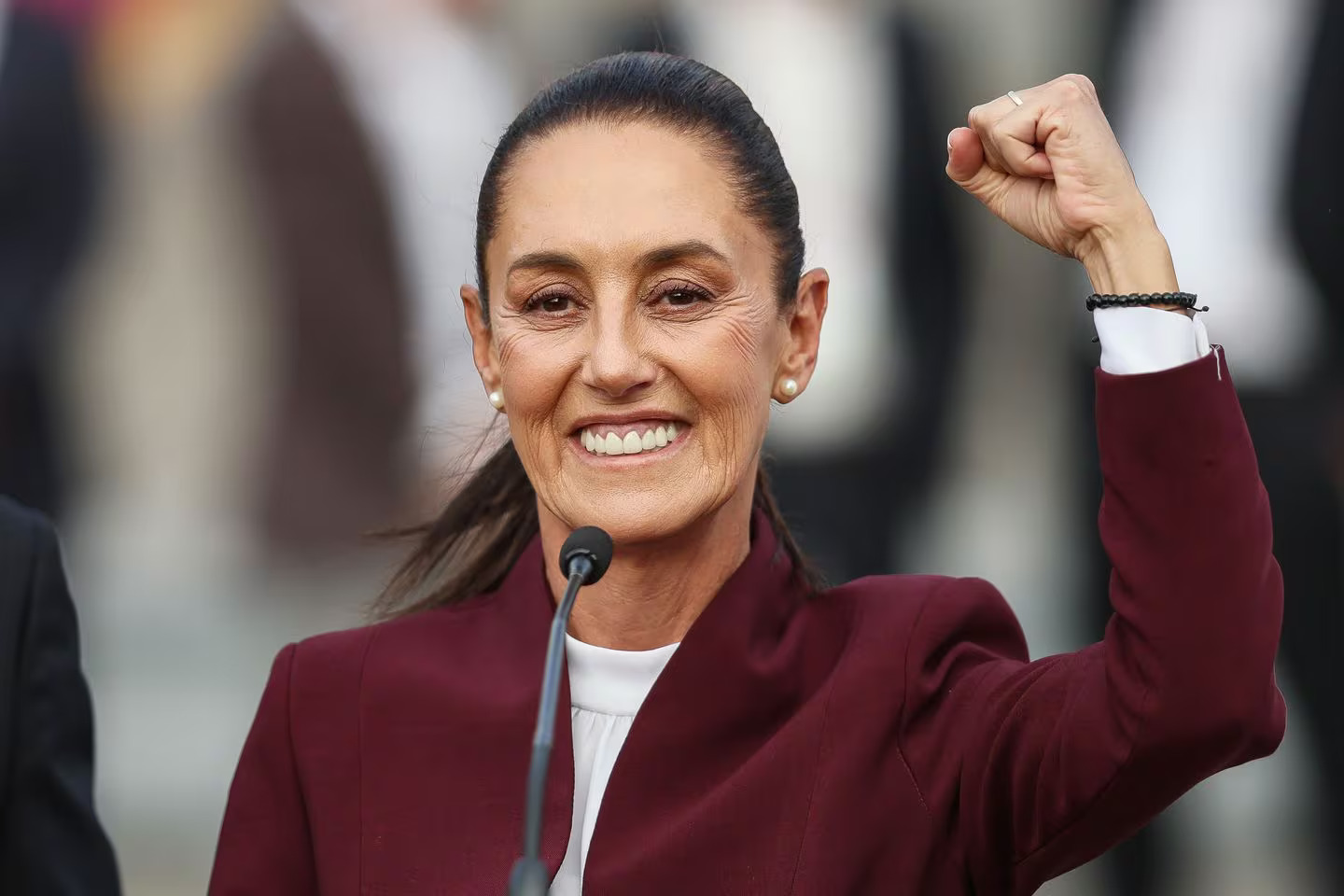The coveted Nobel Prizes are announced annually, and last year’s lineup featured several American winners.
A Harvard economics professor was among the recipients, along with University of Pennsylvania researchers recognized for developing mRNA vaccines against COVID-19, and a scientist and emeritus professor at The Ohio State University. Three U.S.-based scientists were also honored for their work in chemistry.
With over 400 laureates, the United States boasts the highest number of Nobel Prize winners of any country.
What is the Nobel Prize?
The Nobel Prize is a set of prestigious awards presented annually to individuals or organizations that have “conferred the greatest benefit to humankind,” as described by founder Alfred Nobel. Nobel was an inventor, entrepreneur, scientist, businessman, and writer. When he passed away, he left the majority of his fortune to establish these prizes.
The categories are physics, chemistry, physiology or medicine, literature, and peace. Additionally, there is the Prize in Economic Sciences, created in 1968 through a donation from the Swedish central bank, Sveriges Riksbank.
The nomination process for the Nobel Prizes starts each September, with thousands of academics, scientists, previous winners, and parliamentary members submitting candidates. The Nobel Prize organization ensures nominators represent as many countries and universities as possible over the years.
Alfred Nobel’s will specified that Swedish institutions would select the Nobel Prize winners, except for the Nobel Peace Prize, which is chosen by the Norwegian Parliament. The Nobel Peace Prize ceremony is held in Norway, while the other prizes are awarded in Stockholm, Sweden, on December 10, the anniversary of Nobel’s death.
There have been exceptions; many prizes were not awarded during World War I and II. If a notable work is not identified, the Foundation can choose not to award a prize in that category for the year. For instance, the Nobel Peace Prize was not awarded in 1966, 1967, or 1972.
What is the Nobel Peace Prize?
The Nobel Peace Prize is perhaps the most renowned of the awards. In his will, Alfred Nobel specified that the prize should be awarded to those “who shall have done the most or the best work for fraternity between nations, for the abolition or reduction of standing armies, and for the holding and promotion of peace congresses.”
Traditionally, the Peace Prize has been awarded to politicians promoting international peace through diplomacy, as well as those engaged in humanitarian efforts. Winners’ work typically involves:
- Arms control and disarmament
- Peace negotiations
- Democracy
- Human rights
In 2023, imprisoned Iranian human rights activist Narges Mohammadi won the Peace Prize. Despite being in and out of prison for the past decade and currently serving a 10-year sentence on false charges of “spreading propaganda,” Mohammadi remains a key figure in the protest movement against Iranian authorities’ restrictions on women’s behavior and dress. She is also the vice president of the Defenders of Human Rights Center in Iran.
Who won the Nobel Prize in 2023?
All categories were honored last year, with the winners announced in October 2023. Up to three people or institutions can share an award. Here are the 2023 laureates:
- Nobel Prize in Physics: Pierre Agostini, Ferenc Krausz, and Anne L’Huillier “for their experimental methods that generate attosecond pulses of light to study electron dynamics in matter”
- Nobel Prize in Chemistry: Moungi G. Bawendi, Louis E. Brus, and Alexei I. Ekimov “for the discovery and synthesis of quantum dots”
- Nobel Prize in Physiology or Medicine: Katalin Karikó and Drew Weissman “for their discoveries concerning nucleoside base modifications that enabled the development of effective mRNA vaccines against COVID-19”
- Nobel Prize in Literature: Jon Fosse “for his innovative plays and prose which give voice to the unsayable”
- Nobel Peace Prize: Narges Mohammadi “for her fight against the oppression of women in Iran and her fight to promote human rights and freedom for all”
- Prize in Economic Sciences: Claudia Goldin “for having advanced our understanding of women’s labor market outcomes”
How much is a Nobel Prize worth?
Nobel Prize money comes from Alfred Nobel’s fortune, which he invested to fund the prizes. The interest on that money is used for the awards. Last year’s prize money was 11 million Swedish kronor, or almost $993,000.
Who is the most famous Nobel Prize winner?
While many Nobel laureates are celebrated more for their contributions than their fame, some household names have received the award:
- U.S. Presidents and Vice Presidents who won the Nobel Peace Prize:
- President Theodore Roosevelt (1906)
- President Woodrow Wilson (1920)
- President Jimmy Carter (2002)
- Vice President Al Gore (2007)
- President Barack Obama (2009)
- Other notable laureates:
- Marie Curie (Physics, 1903; Chemistry, 1911)
- Ivan Pavlov (Physiology or Medicine, 1904)
- Albert Einstein (Physics, 1921)
- Ernest Hemingway (Literature, 1954)
- Martin Luther King Jr. (Peace, 1964)
- Mother Teresa (Peace, 1979)
- Desmond Tutu (Peace, 1984)
- Elie Wiesel (Peace, 1986)
- Toni Morrison (Literature, 1993)
- Malala Yousafzai (Peace, 2014)
- Bob Dylan (Literature, 2016)
Only two laureates have declined the prize: French playwright Jean-Paul Sartre, who declined the 1964 Literature Prize, and Le Duc Tho, who declined the 1973 Peace Prize, awarded jointly with Henry Kissinger.
Additionally, Adolf Hitler forbade three German Nobel laureates from accepting their prizes, and Boris Pasternak, awarded the 1958 Literature Prize, was coerced by Soviet authorities to decline.



